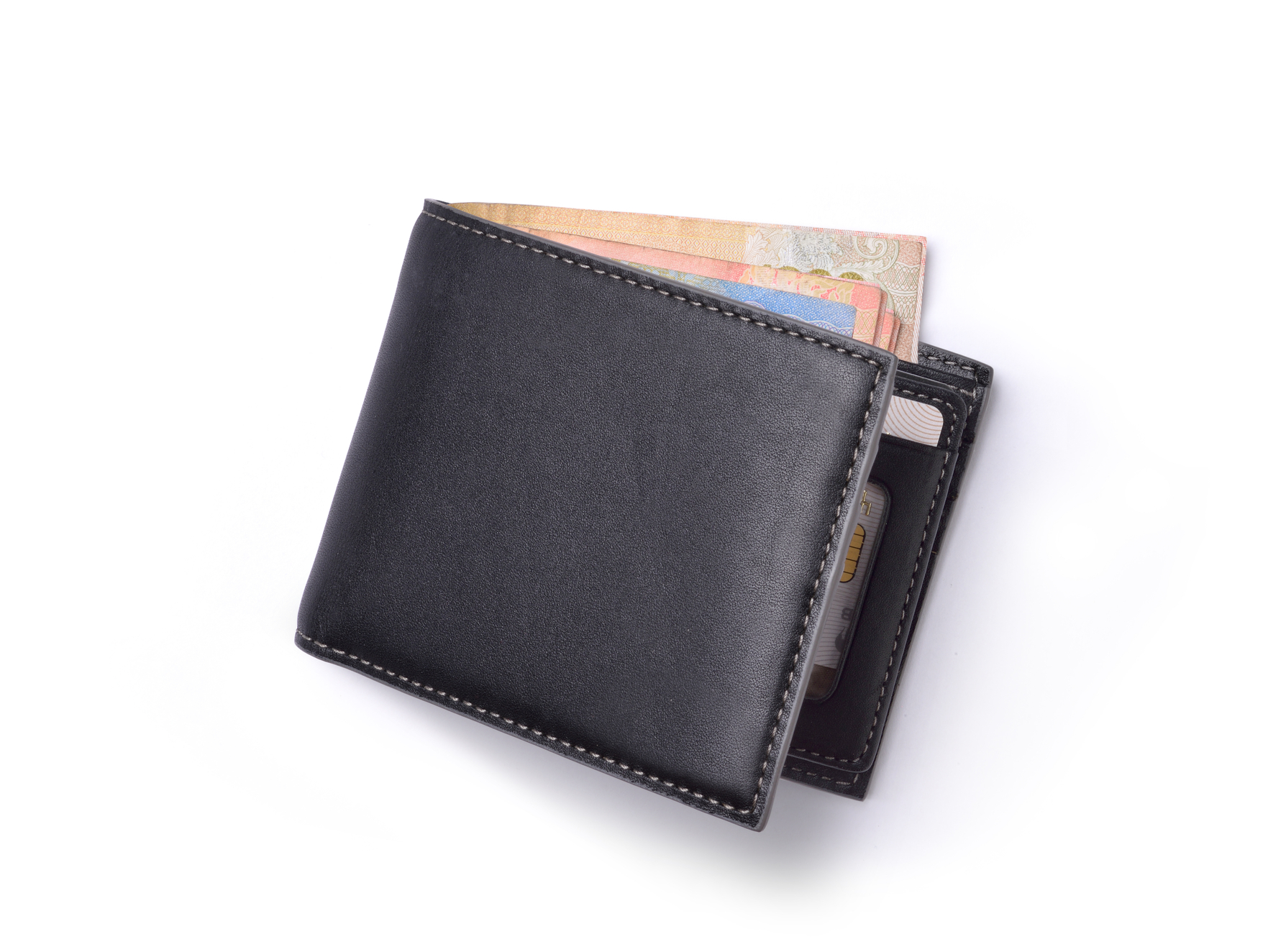Last week, while packing up to head home from work, I noticed something that made my stomach drop. The space in my backpack, normally occupied by my wallet, was empty.
The Initial Panic
I searched every nook and cranny of my bag and even crawled under my desk to find the small pouch that housed my driver’s license, credit and debit cards, and a New York City MetroCard. I checked with security to see if someone had turned it in, but no luck. Finally, exhausted from my frantic search, I accepted defeat and contacted the bank to lock my cards.
The Importance of Freezing Your Credit
When I spoke with several financial experts, they all emphasized one crucial step I hadn’t immediately considered: freezing my credit. Ivory Johnson, a certified financial planner and founder of Delancey Wealth Management in Washington, D.C., said, “Everyone should freeze their credit unless they’re going to use it.” This prevents anyone from opening a line of credit in your name, which can be undone with a simple click.
Replacing Cards and Identification
After filing a lost-and-found report with the Metropolitan Transportation Authority, I listed everything in my wallet. Getting replacements was particularly tricky for my driver’s license, given that I live in New York City but my permanent address is in North Carolina. I had to update my mailing address with the DMV to receive the new license, which I’m still waiting for. In the meantime, I’ve been using my passport for identification, which feels risky.
Banking Options in the Digital Age
Canceling my cards and ordering replacements through the Bank of America and Capital One apps was straightforward. Still, I had to rely on my virtual Apple credit card for immediate payments. A certified financial planner and president of Apex Financial in Atlanta, Lee Baker noted, “In the age of online banking, actually walking into a bank to get cash seems antiquated.” However, it’s still an option if you have some form of ID.
Additional Tips for Managing a Lost Wallet
Johnson and Baker also provided these additional tips to protect your identity and money:
– Keep cash and a credit card or two safely home for backup.
– Credit cards should be used instead of debit cards for most purchases due to the higher fraud risks associated with debit cards.
– File a police report if your wallet is stolen, especially if you need documentation for scheduled payments.
– Give copies of identifying documents to someone you trust for safekeeping.
– Update accounts and subscriptions with new card information if you have to request replacements.
– Change your passwords and add multi-factor authentication to your credit card and bank accounts.
Losing a wallet can be stressful and daunting, but following expert advice can help you protect your identity and money effectively. You can minimize risks and regain control by taking prompt and proactive measures, such as freezing your credit and replacing your documents. Always be prepared with a backup plan for these unexpected situations.







